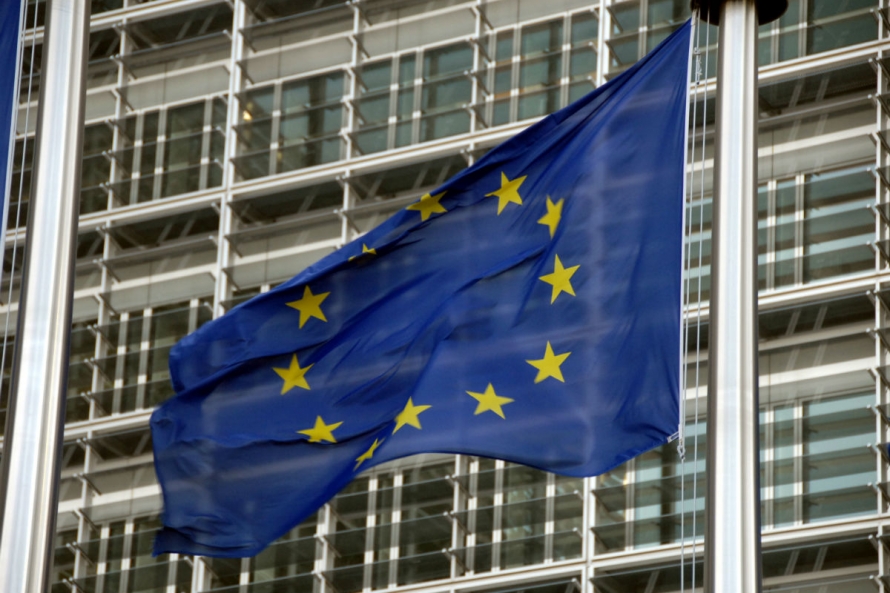This latest Standard Eurobarometer survey was conducted after the European elections, between 7 June and 1 July 2019 in all 28 EU countries and five candidate countries. Among the main findings are a record-high support for the euro and climate change turning into the second top concern at EU level, after immigration.
Trust in the EU is at its highest level since 2014 and remains higher than trust in national governments or parliaments. Trust in the EU has increased in 20 Member States, with the highest scores in Lithuania (72%), Denmark (68%) and Estonia (60%). For Latvia the figure was 51%. Meanwhile the Latvian Saeima was trusted by just 21% of respondents and the government by 31%.
In some respects, Latvians displayed a certain amount of pessimism (see attachment for full Latvian results). 64% of Latvian respondents said the national economy was in bad shape, as opposed to 30% who said it was in good shape, despite the Latvian economy being one of the best-performing in the EU is recent years.
58% of Latvian respondents expect the economic situation to remain much as it is over the next 12 months with 22% saying it would improve and 13% saying it would worsen. They also identified taxation as the most pressing issue facing the country and immigration as the most pressing issue facing the EU as a whole.
Since the last Standard Eurobarometer survey in autumn 2018, the proportion of respondents who have a positive image of the EU (45%) has increased in 23 EU Member States, most strikingly in Cyprus (47%, +11), Hungary (52%, +9) Greece (33%, +8), Romania (60%, +8) and Portugal (60%, +7).
A majority of Europeans are optimistic about the future of the EU (61%, +3 percentage points), while only 34% (-3) are pessimistic. Optimism is highest in Ireland (85%), Denmark (79%), Lithuania (76%) and Poland (74%). At the other end of the scale, optimism is unsurprisingly less pronounced in the exit-bound United Kingdom (47% vs 46%).
55% of Europeans say they are satisfied with the way democracy works in the EU, the highest score since autumn 2004 (+5 percentage points since autumn 2018; +11 since spring 2014.
Support for the Economic and Monetary Union and for the euro reaches a new record high,with more than three-quarters of respondents (76%, +1 percentage point; +9 since spring 2014) in the Euro area in favour of the EU's single currency. In the EU as a whole, support for the euro is stable at 62%.
A large majority of EU citizens support “the free movement of EU citizens who can live, work, study and do business anywhere in the EU” (81%, -2 percentage points since autumn 2018), and in every EU Member State more than two-thirds of respondents share this view, from Lithuania (94%) to Italy and the UK (both 68%).
Immigration remains the main concern at EU level, with 34% of mentions. Climate change, which was ranked fifth in autumn 2018, is now the second most important concern after a strong increase (+6 since autumn 2018). Three concerns obtain identical scores: the economic situation (18%, unchanged), the state of Member States' public finances (18%, -1) and terrorism (18%, -2), followed by the environment – main concern for 13% of the respondents, registering a four-percentage point increase.
The “Spring 2019 – Standard Eurobarometer” (EB 91) was conducted through face-to-face interviews between7 June and 1 July 2019 across the 28 EU Member States and in the candidate countries. 27,464 interviews were conducted in the EU28 Member States between 7 and 25 June 2019.






























